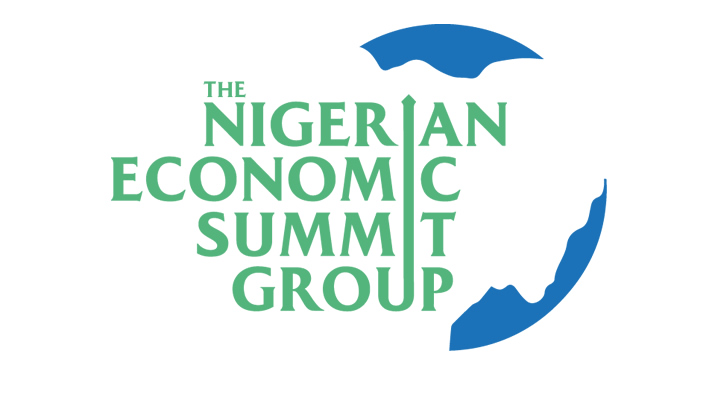Paragraph 1: Overview of Nigerian Business Confidence in August 2025
Nigerian businesses experienced continued growth in August 2025, as reflected by the NESG–Stanbic IBTC Business Confidence Monitor (BCM). The Current Business Index rose to 107.3 points, up from 105.4 in July, indicating an expansionary trend. This positive momentum was primarily fueled by increased activity in key sectors, including manufacturing, services, trade, and non-manufacturing. Despite this overall progress, businesses continued to grapple with challenges such as rising input costs, increased rents, unreliable electricity supply, limited access to finance, and persistent security concerns, all of which impacted profitability.
Paragraph 2: Sectoral Performance and Key Indicators
A closer examination of sectoral performance reveals a mixed picture. While agriculture experienced a contraction, other sectors showed improvement. Trade demonstrated the strongest rebound, recovering from a decline in the previous month. Manufacturing, non-manufacturing, and services also registered growth, with index scores of 106.2, 116.2, and 103.7, respectively. However, several key sub-indices, including investment, exports, access to credit, and prices, recorded lower values compared to July 2025. The cost of doing business also saw an increase, reversing the marginal relief experienced in the preceding month, and input prices continued to rise, adding further pressure on businesses.
Paragraph 3: Optimism for Future Business Conditions
Despite the ongoing challenges, businesses expressed a more optimistic outlook for the future. The Future Business Expectation Index, which projects business conditions over the next one to three months, climbed to 131.5 points in August, up from 126.1 in July. This improved sentiment is attributed to anticipated gains in the overall business environment, encompassing expectations for a better business situation, higher operating profits, increased production levels, improved cash flow, more supply orders, and stronger demand conditions. The trade sector exhibited the highest level of optimism, while the agriculture sector remained the least confident about future performance.
Paragraph 4: Analysis of Sectoral Dynamics and Economic Growth
Stanbic IBTC, commenting on the report, highlighted the positive contribution of manufacturing, non-manufacturing, services, and trade sectors in offsetting the contraction in agriculture. The decline in agriculture was primarily attributed to the seasonality of crop production, with August being a lean period before the main harvest season in September and October. The manufacturing sector’s rebound was supported by growth in sub-sectors such as food, beverage, and tobacco; textile, apparel, and footwear; wood and wood products; and pulp, paper, and paper products. The services sector maintained its expansionary trajectory, benefiting from improved foreign exchange liquidity, easing price pressures, and relative stability of the domestic currency.
Paragraph 5: Impact of Dangote Refinery and GDP Growth Projections
Stanbic IBTC’s analysis also underscored the significant contribution of industries to GDP growth in Q1 2025, reaching an impressive 20.9%, a substantial increase from 10.4% in Q4 2024. This surge is attributed to the structural shift brought about by the operations of the Dangote Refinery, which is expected to continue driving industrial growth. The refinery’s impact on the economy is anticipated to be a key factor in supporting overall GDP growth.
Paragraph 6: Overall Economic Outlook and Contributing Factors
The report paints a generally positive picture of the Nigerian economy, projecting a growth rate of 3.5% year-on-year in 2025, up from 3.4% in 2024. This optimistic outlook is supported by several factors, including moderating inflation, improved foreign exchange liquidity conditions, and ongoing structural reforms. While challenges persist, particularly in the agricultural sector and concerning the cost of doing business, the overall trend suggests continued economic expansion driven by strong performance in key sectors and the transformative influence of major industrial projects like the Dangote Refinery.














